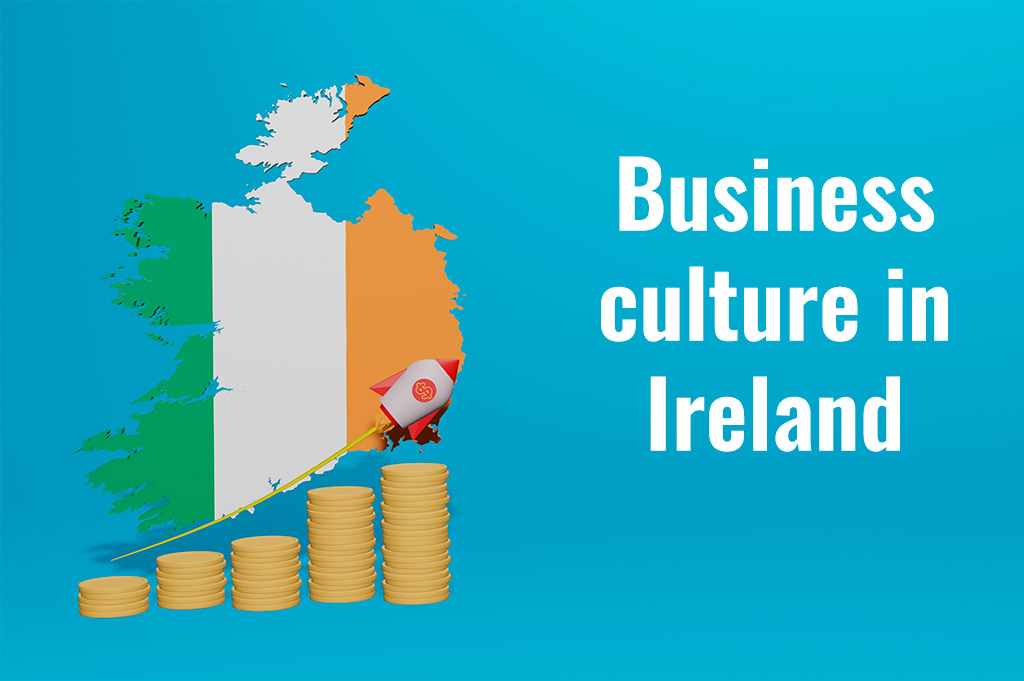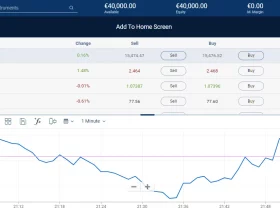
Ireland’s main businesses
Ireland has a vibrant business landscape, with its economy primarily driven by a mix of domestic and multinational companies. Known as a global hub for technology, pharmaceuticals, finance, and more, Ireland’s business environment thrives on a combination of favorable tax policies, a skilled workforce, and strong trade relations. Here’s a closer look at some of the main sectors and businesses in Ireland.
1. Technology and IT
Ireland is often called the “Silicon Valley of Europe” due to the concentration of technology giants operating there. Companies like Google, Facebook (now Meta), Microsoft, and Apple have their European headquarters in Dublin, attracted by Ireland’s competitive tax rates and English-speaking workforce. The Irish tech industry also includes homegrown companies, such as software firms and digital startups, thriving in innovation hubs like Dublin’s “Silicon Docks.” Ireland’s tech sector focuses on software development, cloud computing, cybersecurity, and digital services, contributing significantly to the national GDP.
2. Pharmaceuticals and Life Sciences
Ireland’s pharmaceutical and life sciences sector is a major pillar of its economy. Global pharmaceutical giants, including Pfizer, Johnson & Johnson, and AbbVie, have large-scale operations in Ireland. The country is known for its advanced manufacturing capabilities, with a skilled workforce in biopharmaceutical production, medical devices, and biotech. Ireland is among the largest pharmaceutical exporters in the world, with a robust supply chain that serves both Europe and the United States. The sector benefits from Ireland’s pro-business regulations and its emphasis on quality and compliance.
3. Financial Services
Ireland’s financial services sector is a significant contributor to the economy. Dublin’s International Financial Services Centre (IFSC) is a prominent financial district that hosts numerous banks, asset management firms, insurance companies, and investment funds. Companies such as Citibank, Bank of America, and JP Morgan have significant operations in Ireland, managing billions of euros in assets. The sector covers a wide range of services, including fintech, insurance, wealth management, and global trading. Ireland’s status as a gateway to the European Union after Brexit has further strengthened its appeal as a financial hub.
4. Agriculture and Food Production
Agriculture has long been a backbone of the Irish economy, with dairy, beef, and seafood as its main outputs. Irish food brands like Kerrygold butter and Guinness beer are recognized worldwide. The agriculture sector includes high-quality meat, dairy, and seafood, as well as processed foods. Ireland is known for its lush landscapes, which contribute to sustainable farming practices. The country’s food and drink exports play a crucial role in its economy, with high demand for organic and sustainable Irish products in Europe, the Middle East, and Asia.
5. Tourism and Hospitality
Ireland’s tourism industry is another vital part of the economy, with millions of visitors attracted to the country’s natural beauty, historical landmarks, and vibrant cultural heritage. Major cities like Dublin, Cork, and Galway, as well as scenic spots like the Cliffs of Moher and the Ring of Kerry, draw tourists year-round. The hospitality industry supports a wide range of businesses, from luxury hotels and resorts to small family-owned pubs. Irish tourism generates significant revenue, benefiting local economies and supporting thousands of jobs.
6. Renewable Energy
As the world transitions to sustainable energy sources, Ireland’s renewable energy sector has become a growing business area. Ireland’s Atlantic coast is highly suited for wind energy production, and the government has committed to ambitious renewable energy targets. Both domestic and international energy companies are investing in wind and solar energy projects across the country. Ireland’s energy companies, like ESB and Bord na Móna, focus on innovation to support green energy initiatives, creating opportunities in sustainable development and clean technology.
7. Retail and E-Commerce
Retail remains an essential part of the Irish economy, with a mix of international brands and local businesses. Dublin’s shopping districts, like Grafton Street, are hubs for retail activities. The retail landscape includes supermarkets, luxury boutiques, and online stores, with major players like Dunnes Stores, Tesco, and Lidl. E-commerce has seen considerable growth, with Irish consumers increasingly shopping online. Local businesses are also exploring online platforms to expand their reach, making retail and e-commerce a dynamic sector within Ireland.
8. Construction and Real Estate
Ireland’s construction and real estate sectors are thriving, fueled by demand for residential and commercial spaces. Construction companies are active in urban areas where housing shortages have increased prices. Commercial construction is driven by
demand from multinational companies expanding their Irish operations. Large-scale projects, from office buildings to residential developments, are common in Dublin and other cities. The sector is adapting to incorporate sustainable building practices, further enhancing its economic significance.
Conclusion
Ireland’s main business sectors demonstrate a blend of traditional strengths and modern innovation. From technology and pharmaceuticals to agriculture and renewable energy, Ireland’s economy has evolved to become diverse and resilient. By fostering a business-friendly environment with supportive regulations, Ireland has positioned itself as a competitive global economy, attracting multinational corporations while supporting local enterprises. These businesses collectively contribute to Ireland’s strong GDP and employment rate, making the country a key player in the global business landscape.



Leave a Reply